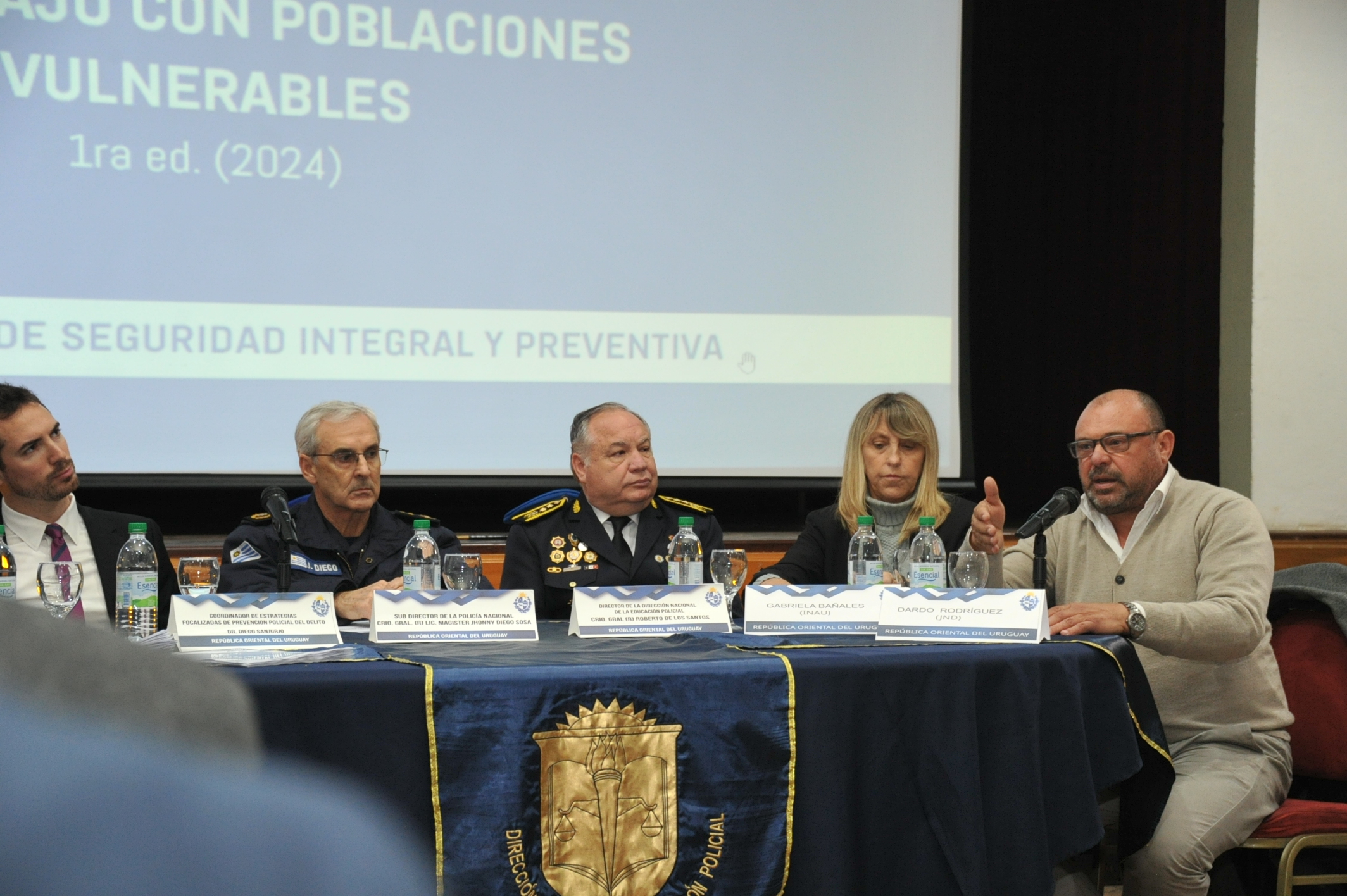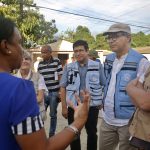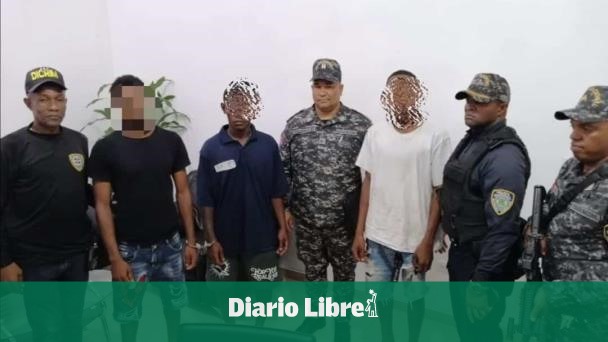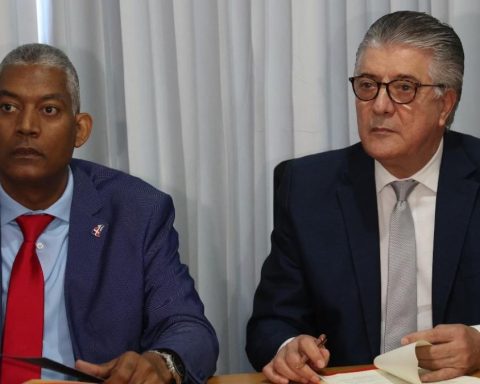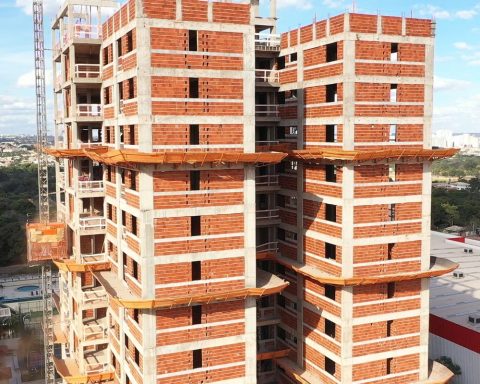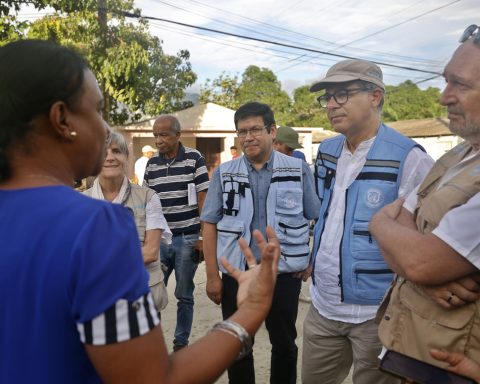Police students will receive training in working with vulnerable populations
The Minister of the Interior, Nicolás Martinelli, participated in the presentation of the inter-institutional course that the National Directorate of Police Education (DNEP) will teach to improve the performance of personnel. The training favors the development of the ministry’s social assistance policy and the prevention of crimes associated with risk behaviors of vulnerable populations.
The presentation, held at the National Police School, was also attended by the Minister of Social Development (MIDES), Alejandro Sciarra; the Undersecretary of the Interior, Pablo Abdala; the Director and Deputy Director of the National Police, José Azambuya, and Jhonny Diego, respectively, and the Coordinator of Targeted Strategies for Police Crime Prevention, Diego Sanjurjo.
At the presentation, the Ministry of the Interior reported that it will offer, through the DNEP, inter-institutional training in working with vulnerable populations. From a generational perspective to the protection of children and adolescents, the training will be given by technicians from Mides, the JND and INAU.
In this regard, Sanjurjo said that the training responds to a need to optimize quality in order to transform a “purely police” security policy into an inter-institutional security policy that “combines prevention with the repression of crime.” The official said that he hopes that the training will become part of the national police’s permanent curriculum.
He specified that the initiative, which is developed within the Comprehensive and Preventive Security Strategy, is a measure to contribute to the progress towards social assistance policy and prevent offenses and crimes associated with risky behavior by vulnerable populations.
Also participating in the presentation were the Deputy Director of Social Protection at Mides, Wilson Ferreira; the National Director of Police Education, Roberto de los Santos; the Coordinator of the National Drug Board (JND), Dardo Rodríguez, and the Director of the General Programmatic Subdirectorate of the Institute for Children and Adolescents of Uruguay (INAU), Gabriela Bañales.
